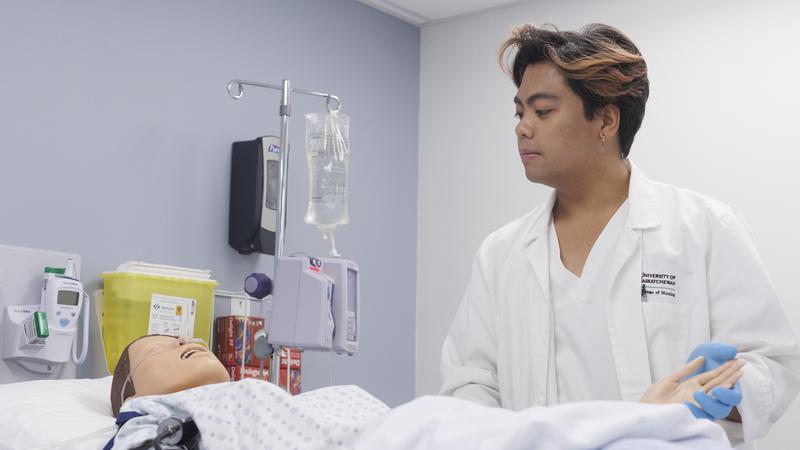
Lloydminster mayor voices need for more mental health, addictions resources
As the COVID-19 pandemic continues to affect Saskatchewan residents, the Saskatchewan Urban Mayors Assocation (SUMA) is voicing concerns over the available supports for mental health and addictions.
Lloydminster Mayor Gerald Aalbers, chair of the SUMA City Mayors Caucus (CMC), commented on the worsening situation in Canada shortly after the CMC meeting on Feb. 11. Minister’s Carolyn Bennett (Mental Health/Addictions) and Dan Vandal (Prairies Economic Development Canada) were present to speak on what the federal government is doing and how they will ensure the needs of Saskatchewan municipalities are addressed.
Aalbers, on behalf of SUMA, called on the province to increase the availability of mental health supports to help address trauma and provide further supports for addictions. He pointed to the number of suspected and confirmed overdose deaths doubling in the province as a concern, especially when people may wait months before that can access any kind of service.
“We’ve seen more commitments from both of them, but we want to ensure that those dollars for mental health and addictions reach the places they need to,” he said.



